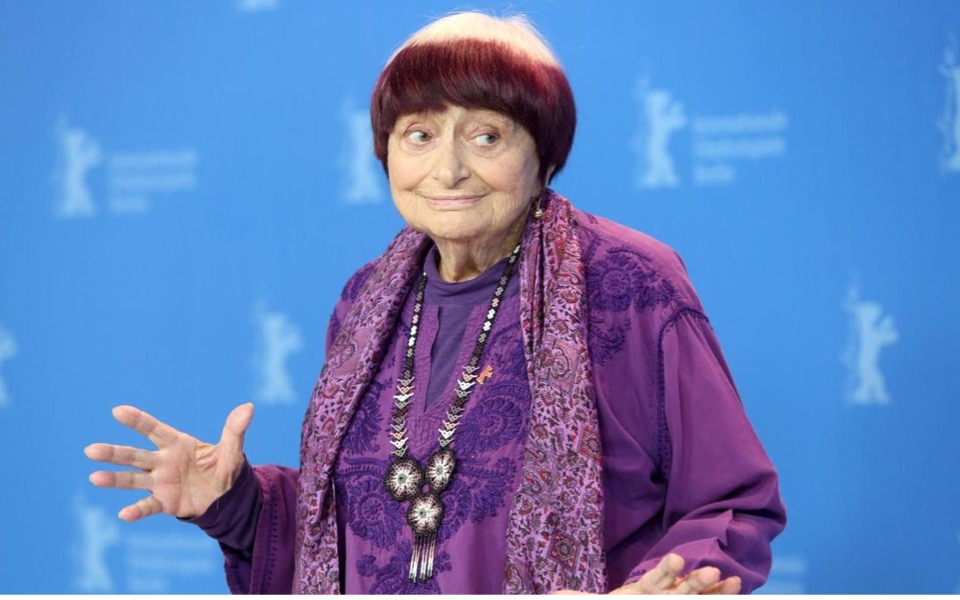Let’s talk about the ‘unseen’

The people whom French New Wave filmmaker Agnes Varda focused on in her work wouldn’t make the front page.
They were people who were defeated and weak – not exactly poor, but living on the margins of society. A rather peculiar margin. They are not helpless, they do not suffer from some form of disability, they are not angry with politics. They ignore it, just as it ignores them.
They are neither dissatisfied nor happy. They are not among those who protest fanatically over any issue, they are not passionate and, quite possibly, they are barely informed about current developments. What we call current affairs are of very limited concern to them – if any.
They may be those who respond “don’t know / no answer” in polls, but they may also simply remain unseen, under the radar of polls and state research. They are alone and forgotten.
This was, more or less, the theme of an excellent documentary by the Belgian-born director, who died yesterday at the age of 90. It was released last year and was titled “Faces Places.” For the documentary, she cooperated with the 34-year-old French photographer and street artist, JR. Together, the two traveled to the French countryside with a van in which they had installed a printing machine.
They stopped in small towns, met working-class people, farmers and industrial workers, former miners, everyday people, and turned their photographic portraits into enormous wall paintings on house facades, factory walls, and so on.
These people represented a section of the population that is far from what we call public life. The two strangers visited them and took an interest in their lives, for what they are and what they represent.
“In my films, I always wanted to make people see deeply. I don’t want to show things, but to give people the desire to see,” she has been quoted as saying.
Do politicians today “desire to see”? And, more importantly, what do they actually “see”?
The question may be timeless, but the upcoming elections make it pertinent again. The conditions of “extreme polarization” are fatally restricting the social landscape to “us” and “them.”
Each political party tries to focus on those it considers its potential voters, to widen its electoral base as much as possible.
Polarization, however, will exclude rather than include. Inevitably, the “unseen” will multiply.





